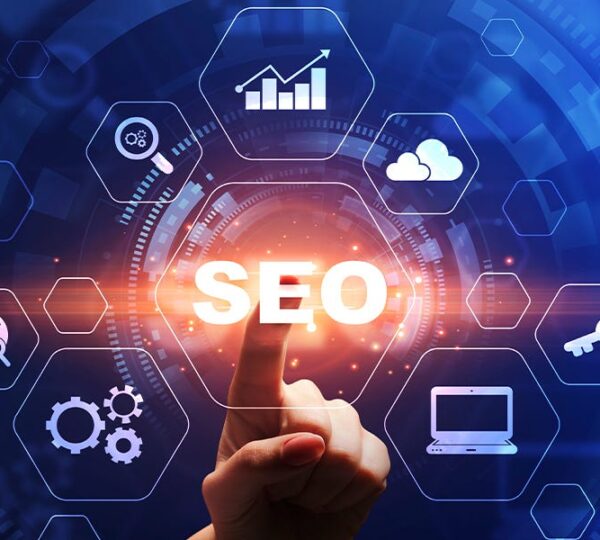As digital marketing evolves, AI optimization and SEO are often discussed as either competing or complementary strategies. Understanding the difference is essential for businesses, content creators, and marketers who want to stay competitive in organic search and content visibility.
What Is AI Optimization
AI optimization refers to the use of artificial intelligence to improve content generation, decision making, campaign targeting, and automation. It involves tools and models like ChatGPT machine learning algorithms and predictive analytics to enhance:
- Content creation speed
- Data analysis for better targeting
- Personalization and recommendations
- A B testing and conversion rate optimization
- Ad performance prediction
In content marketing, AI optimization is used to generate outlines articles headlines and internal links that align with user intent and topical entities.
What Is SEO
SEO or search engine optimization is the process of improving website visibility on search engines like Google. It includes:
- Keyword research and intent targeting
- On page optimization including meta tags and headers
- Content structure and internal linking
- Technical SEO like site speed and mobile readiness
- Off page signals like backlinks and authority
SEO is based on aligning content with search engine algorithms and user behavior to earn higher rankings in organic search.
Key Differences Between AI Optimization and SEO
-
Goal Focus
AI optimization focuses on efficiency prediction and automation
SEO focuses on ranking visibility and organic traffic -
Tools Used
AI uses models and platforms for content and decision optimization
SEO uses platforms like Google Search Console keyword tools and crawlers -
Application
AI is applied across campaigns ads and user experiences
SEO is applied to site structure content and search engine signals -
Time to Result
AI often gives faster results through automation
SEO is long term and relies on authority building and consistency
How They Work Together
AI and SEO are not rivals. When combined they produce scalable and smart content marketing. For example:
- Use AI tools to generate keyword rich content outlines
- Apply SEO best practices to optimize the AI content for SERPs
- Use AI to identify topic gaps and cluster opportunities
- Apply semantic SEO and entity optimization for topical authority
- Automate internal linking based on AI entity detection
What is AI optimization in marketing?
AI optimization uses artificial intelligence to improve content creation targeting and performance analysis.
What is SEO?
SEO or search engine optimization is the process of increasing a websites visibility in organic search results.
Is AI optimization the same as SEO?
No AI optimization focuses on automation and efficiency while SEO focuses on rankings and search visibility.
Can AI help improve SEO?
Yes AI can assist in keyword research content generation internal linking and technical SEO tasks.
Which is faster AI optimization or SEO?
AI optimization delivers faster results while SEO takes time to build authority and earn rankings.
Does AI replace SEO?
No AI supports SEO by making content creation and analysis more efficient but it does not replace SEO strategy.
How does AI improve content for SEO?
AI generates keyword rich content outlines fills topical gaps and suggests entity based improvements.
Can AI write SEO friendly content?
Yes with the right prompts AI can produce content that aligns with SEO principles but it needs human review.
What tools use AI for SEO optimization?
Tools like ChatGPT Surfer SEO Jasper and Frase use AI to support on page SEO and content planning.
Should I use both AI and SEO together?
Yes combining AI optimization with SEO strategies creates a powerful content marketing workflow.
Conclusion
AI optimization and SEO are not opposing forces—they are complementary elements of a modern digital strategy. While SEO provides the foundation for visibility in search engines, AI optimization enhances content creation, speeds up execution, and improves decision-making with data-driven precision.
By combining the strengths of both, businesses can achieve scalable, high-performance content that aligns with user intent, satisfies search engine algorithms, and adapts quickly to market changes. The future of digital marketing belongs to those who strategically integrate AI efficiency with SEO structure to build sustainable topical authority and long-term organic growth.


